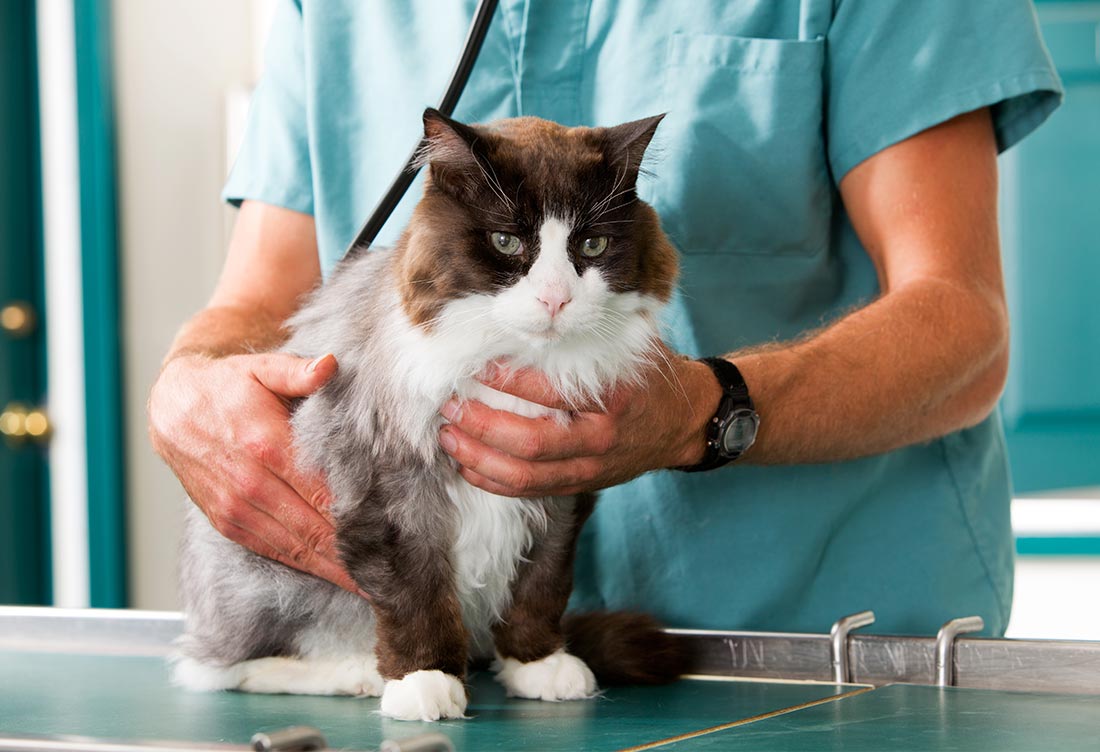Understanding Pet Vaccinations: What You Need to Know
Vaccinations are a crucial part of keeping your pets healthy and preventing disease. As a responsible pet owner, understanding the importance of vaccinations and the specific vaccines your pet needs can help ensure a long and healthy life. Here’s what you need to know about pet vaccinations.
Why Vaccinate?
Vaccinations work by stimulating your pet’s immune system to develop protection against certain diseases. They are essential for preventing illnesses that can be severe or even fatal. Vaccines can also help reduce the spread of contagious diseases among animals, contributing to the overall health of the pet community.
Core vs. Non-Core Vaccines
Vaccines are categorized into two groups: core and non-core.
- Core Vaccines are recommended for all pets regardless of lifestyle or environment. They protect against common, serious diseases such as:
- Rabies: A fatal viral disease affecting the brain and spinal cord.
- Distemper: A contagious and often fatal viral disease that affects the respiratory, gastrointestinal, and central nervous systems.
- Parvovirus: A highly contagious virus that can cause severe gastrointestinal illness, particularly in puppies.
- Adenovirus: Protects against infectious canine hepatitis.
- Non-Core Vaccines are based on your pet’s specific lifestyle and risk factors. For instance:
- Bordetella: Recommended for dogs that are frequently around other dogs, such as in boarding facilities or dog parks, as it protects against kennel cough.
- Lyme Disease: Recommended for dogs that spend time outdoors in areas where ticks are common.
- Feline Leukemia: Recommended for cats that go outdoors or live in multi-cat households.
Vaccination Schedule
Your veterinarian will create a vaccination schedule tailored to your pet’s age, breed, health, and lifestyle. Here’s a general guideline for puppies and kittens:
- Puppies typically receive their first vaccinations at 6-8 weeks of age, followed by boosters every 3-4 weeks until they are about 16 weeks old.
- Kittens usually start vaccinations at 8-9 weeks of age, with follow-up shots every 3-4 weeks until they are around 16 weeks old.
Adult pets will require booster shots to maintain immunity, and your veterinarian can advise you on how often these are needed.
The Role of Your Veterinarian
Regular check-ups with your veterinarian are essential for monitoring your pet’s health and determining their vaccination needs. Your vet will help assess risks based on your pet’s lifestyle and any changes in health status. They will also provide education on potential side effects of vaccinations, which are typically mild and temporary.
Conclusion
Understanding and following a proper vaccination schedule is vital for your pet’s health and well-being. Vaccinations protect not only your pet but also the broader pet community by preventing the spread of contagious diseases. Regular communication with your veterinarian will ensure your pet receives the necessary vaccinations at the right time. Protect your furry friend by prioritizing their vaccinations today!

Position: Committee Member, Chinese Veterinary Medical Association (Small Animal Ophthalmology)
Managing Director, STARLiGHT Veterinary Medical Centre
A graduate of the National Taiwan University College of Veterinary Medicine, Dr. Anya Chiu specializes in veterinary ophthalmology, animal welfare, and medical communication. She is deeply committed to advancing specialist veterinary education and international collaboration across Asia.









